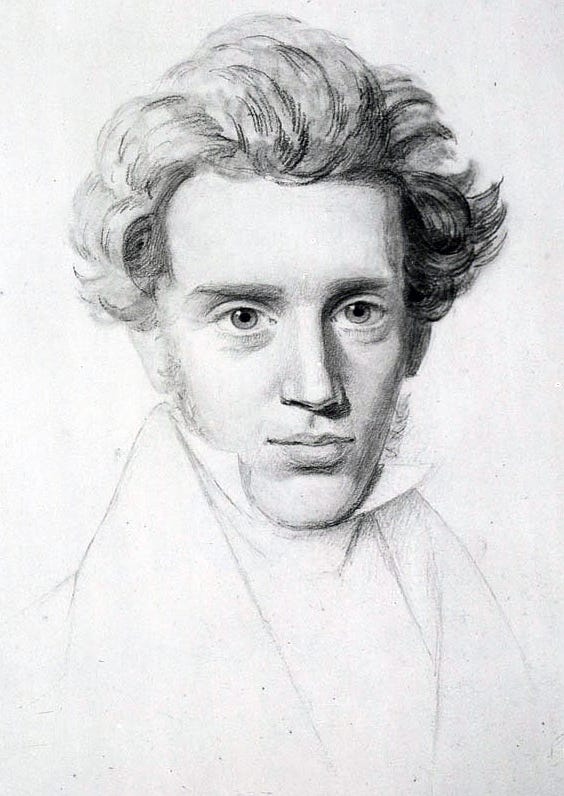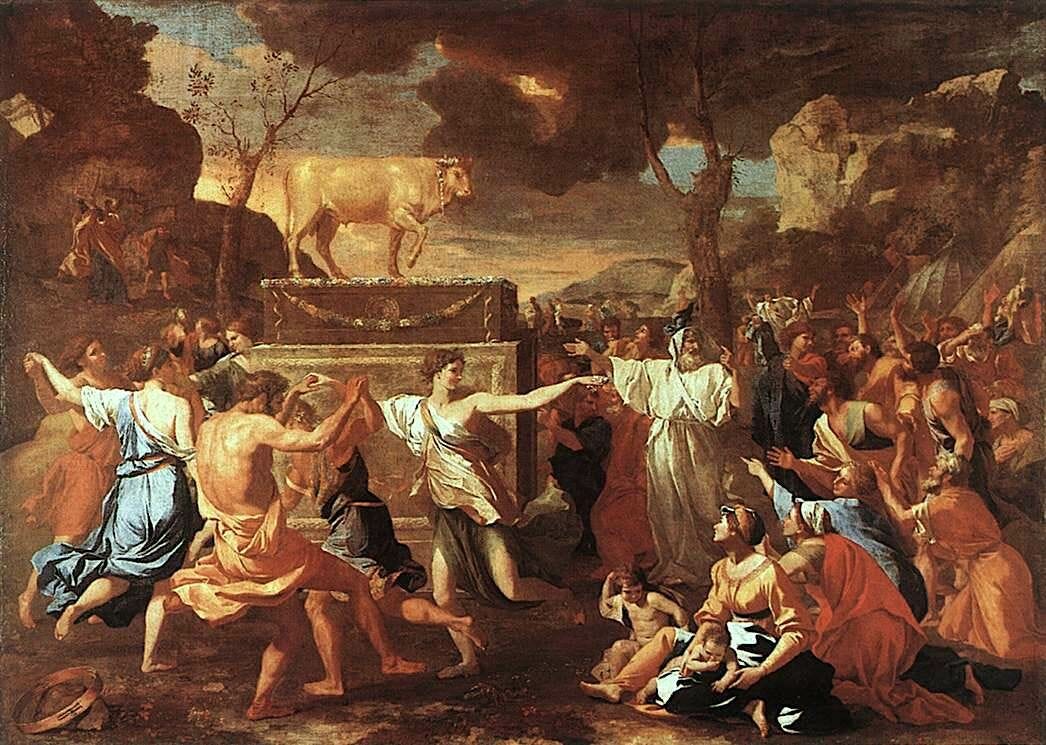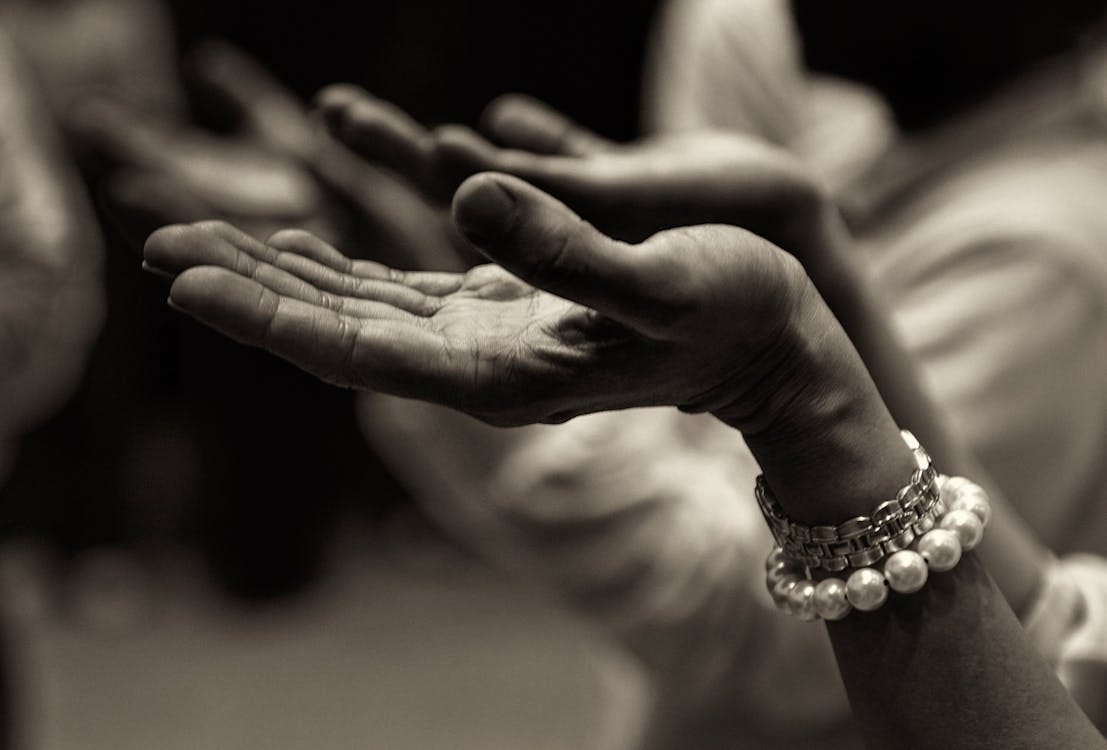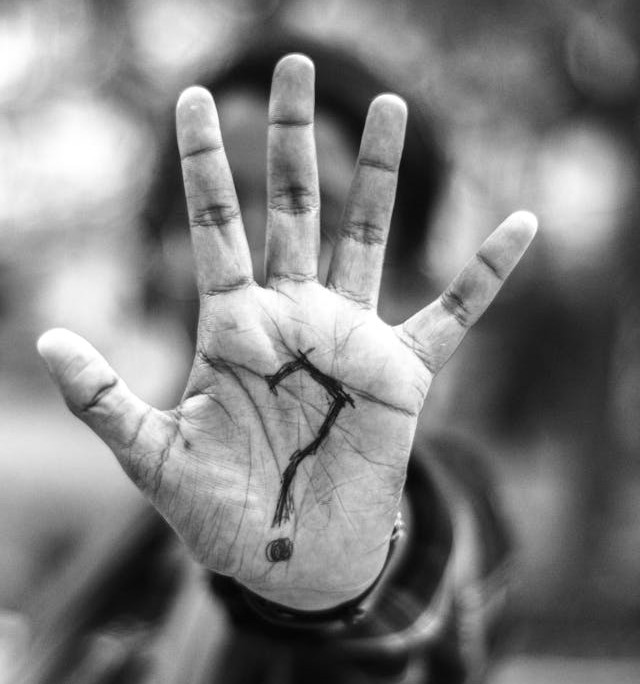In quest of meaning and happiness with Kierkegaard’s ‘Stages on life’s way’.
Human beings are complex creatures. One might expect that today, when life is more convenient, safe and easier than ever in history, the species is thriving. Extreme poverty decreased significantly globally, through medical and technological advancement life expectancy is higher than ever, access to healthcare and education is almost universal, human rights are constantly in focus.
Yet, mental health issues are on the rise. Stress, anxiety, and depression are becoming increasingly common, particularly in developed countries. Despite increased connectivity through technology, many people feel more isolated and lonely than ever before. Meaningful relationships and experiences are replaced with consumerist culture and superficial lifestyles. As a result, there is a general lack of purpose, a sense of brokenness. No wonder the human became the only species on earth (next to pandas in captivity) that seems to give up even the very basic drive of reproduction. Contrary to the predictions in the 80s and 90s, human populations are likely to collapse in the next hundred years, especially in developed countries.
To explain all this one can turn to science, but for me science is the art of trial and error, a domain of constant change. Perfect to explain things visible and measurable, but fails miserably with the biggest and most important questions in life. Instead, in this article I turn to philosophy and try to find an answer and explanation there.
For me, the deepest and most elegant thinker from the past two-hundred years is Soren Kierkegaard (1813-1855). This Danish philosopher dedicated his life to analyze and understand the complexities of human existence. In his work, Stages on Life’s Way (1845), he examines the questions of genuine selfhood and the development of personality. He defines three stages in which one progresses, or fails to progress, in search of meaning and authenticity.

These stages do not follow each other in chronological order like in other psychological development models, but rather are orientations and understandings towards the world, different modes of being, offering different perspective on and relation to self, morality and the divine. As such, one may move back and forth in these modes of being as life progresses.
The first mode is called aesthetic stage and this is the initial phase of the existential journey. It is characterized by a relentless pursuit of pleasure and sensory experience. This is the realm of the immediate, where feelings and experiences are valued above everything else, and instant gratification is the main goal. Similar to what life is for children under age five. The aesthetic individual lives in a state of constant distraction, always seeking the next thrill, but never finding true fulfillment. In a way this is nothing else than an attempt to escape the boredom and emptiness that haunt their existence. This pursuit of pleasure is ultimately self-defeating, as it remains constantly on the surface, never engaging with the deeper questions of being. Despite the looks, the defining emotional state in this mode of living is despair and anxiety that arises from the realization of the emptiness inherent in this infantile lifestyle.

The integral emptiness of the aesthetic stage paves the way for the ethical stage. In this mode of being one recognizes the limitations of the former and embraces responsibility and duty. Commitment to moral principals, living ethically means one adheres to the norms and established values of the society. The focus moves from the selfish me to others, the community. The most representative roles in this mode are the parent and the law-abiding citizen. Although this stage is a significant step forward it has its own traps and limitations. Kierkegaard believed that only following such universal norms and rules can lead to detachment from the individual’s unique existence. As such, even the ethical life, while commendable, can ultimately fall short of providing true fulfillment.

In Kierkegaard’s view the culmination of the existential journey is the religious stage. (I will use the word ‘believer’ instead of ‘religious’ as I find it more suiting, and even Kierkegaard’s concept of the religious is not necessarily tied to organized religion, but rather to a profound and individual experience of the sacred.) The believer recognizes the inadequacy of the aesthetic and ethical modes of living, the insufficiency of human reason to fully grasp the mysteries of existence, and embraces the subjective encounter with the absolute. It is subjective as it is deeply personal, does not seek to prove God’s existence through rational arguments, rather accepts the paradox of faith, as something that can not be be rationally understood. For Kierkegaard this stage represents the only true authenticity. It is here where individuals finally confront their own finitude, finding meaning and validation not in the world, not in others, not in the outside, but in their relationship with God, discovering the resolution to the despair of the earlier stages and a sense of purpose for the human existence. He also acknowledged that not everyone will reach the religious stage, and some may find a degree of fulfillment in the aesthetic or ethical stages. However, he believed that authentic selfhood could only be achieved through a conscious choice to embrace faith and surrender oneself to the divine.
As we examine today’s societies and their dynamics, we can identify parallels with Kierkegaard’s stages. The first stage and its egoism is the most obvious: selfies, general consumerism, hook-up culture, alcohol and drugs, barrage of advertisements of unnecessary goods, focus on image and obsession of physical appearance, fashion trends, latest gadgets, celebration of superficial social trends, longing for social media likes and followers, emphasis on minimizing any waiting or discomfort, hedonistic and excessive food intake…just to name a few.

The second stage has its own challenges, especially in polarized societies. People often experience moral schizophrenia, where individuals align with ethical theories without genuine emotional connection or personal conviction. Even such conformity is getting harder by the day as moral relativism allows individuals to justify their actions based solely on feelings and personal preferences, leading to moral divisions, and a lack of consensus on a singular ethical code. Another fitting example is cancel culture, that created an environment where people are afraid to express their honest opinions or engage in dialogue for fear of social exclusion. Individuals may feel compelled to align with popular opinions without critically examining their own beliefs or values, something that is very far from the authentic selfhood.
Can the third stage, the religious stage go wrong, too? I am convinced that this last stage can go wrong only if it is hijacked by bad actors (in the name of some organized religions), or the real and personal experience, the “encounter with the absolute” never happened. In such cases individuals may believe their actions are sanctioned by the divine and commit violence, terrorism, and conflict. Religion can contribute to social divisions creating divides between us and them. It can lead to resistance to social change (like still oppressing women over equal rights), justify heinous practices like honor killings, or plant shame and guilt into the followers.

What are the benefits, according to Kierkegaard, if one truly reaches and stays in the third, the believer mode of living? As a first, it allows to find and develop a true, authentic self by peeling off cultural contexts, habitual lifestyles, social expectations, external validations, and above all the tyranny of the ego. Secondly, finding purpose and meaning. This meaning is not derived from external sources, but from the individual’s relationship with the absolute. It provides a framework for understanding one’s existence and helps facing life’s challenges with a sense of direction and purpose. Finally, it promotes the idea of interconnectedness and sanctity of all beings, and encourages ethical behavior and transformation.
As we navigate these stages in our lives today, Kierkegaard’s insights remind us of the importance of self-reflection, individual commitment to something greater than us, and the pursuit of deeper meaning. I find his thoughts inherently true, given the apparent failure of the alternative.


